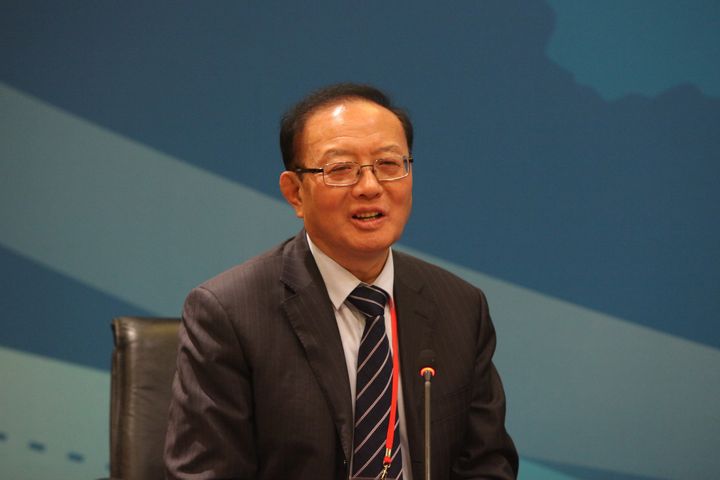 China Urgently Needs World-Class Regional Issue Specialists, Ex-Vice Commerce Minister Argues
China Urgently Needs World-Class Regional Issue Specialists, Ex-Vice Commerce Minister Argues(Yicai Global) Aug. 15 -- Former Australian Prime Minister Kevin Rudd and I talked about the Asian Infrastructure Investment Bank (AIIB) at the reception dinner for the Belt and Road Forum for International Cooperation on May 14.
"China is catching up quickly," he told me during our talks. His remarks struck me as being appreciative of China's efforts in solving regional issues, but I noticed sourness in his tone.
"Do you want to create the biggest FTA (free trade agreement) in the world with One Belt, One Road?" Jeffrey Schott, a senior fellow at the Peterson Institute, asked me at the China-US high-level think tank economic and trade dialog on June 14.
I said, "No," with a smile. To create an FTA with 65 participating countries is impossible. His question is illustrative of how anxious American think tanks are as China has started playing a leading role in regional economic development, and proposed a slew of new initiatives.
Are Chinese regional economic specialists really good enough to make Rudd and Schott anxious? My answer is not yet, because of the following factors.
Regional specialists in China are structurally characterized by 'two redundancies and two shortages,' i.e., the redundancy of government officials versus a shortage of top-tier professionals, and superfluity of multidisciplinary talent versus a shortage of experts with an international influence. Relevant studies conducted in China also confront similar problems. We have propounded solutions to regional issues, but most are short-, not long-term, ones. Further, timeframes and roadmaps of our solutions are mostly developed following the beaten track and lack originality.
More importantly, most studies focused establishing rules for regional development, rather than discovering the inherent laws of regional economic activities. In my view, we must tackle this problem as the top priority for advancing economic reforms. Will we be able to devise holistic, strategic and visionary plans to promote regional cooperation?
Some argue that a gap of 10 to 20 years lies between us and the West in regional economic studies. I do not think so. The gap is actually not that big. What really matters is how to reduce it. China needs to catch up. It is the only way to narrow the gap. I have two suggestions here.
First, what is China's weakest link in driving regional economic development? Some argue that regional economy was a new theory that emerged only after World War II, and came to China even later, but I do not think it is the main reason, and neither should we blame institutional defects for the slow development of regional economic research. We managed to launch our own atomic and hydrogen bombs and man-made satellite, so we should also be able to improve the quality of our studies on regional economic development. One may argue that the low standard of research in this area is due to inadequate funding, but the institutional setup and funding in the US are not substantially better than ours. The lack of innovative ideas has slowed the progress of regional economic research in our country.
Regional economics emerged in the West in the last century, and the US now has the most top-tier regional economists in the world. It has also exported the most regional economic development platforms and relevant public goods to countries worldwide. Most recent examples include the G8, G20 and the Trans-Pacific Partnership (TPP). By contrast, European countries played a merely secondary role in this regard, not to mention developing countries. As the second largest economy in the world, China is catching up and has introduced several domestic regional economic platforms, such as Beijing-Tianjin-Hebei integration, Yangtze River Economic Belt, Xiongan New Area and Guangdong-Hong Kong-Macau Greater Bay Area, as well as the One Belt, One Road initiative. China will surely be exporting regional economic public goods to other countries in future. To this end, it urgently needs to create world-class regional economists of its own.
Wei Jianguo is the former Vice Minister of Commerce and Vice Secretary General at Chinese Center for International Economic Exchanges. Above is the transcript of a speech he delivered at the third seminar of China Regional Economists 50 Forum.